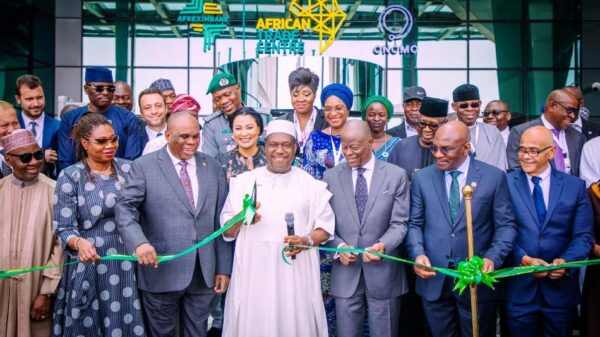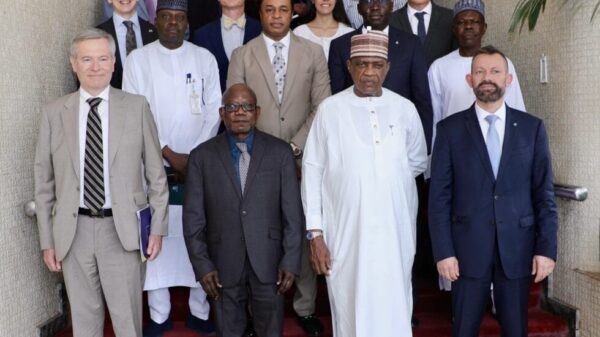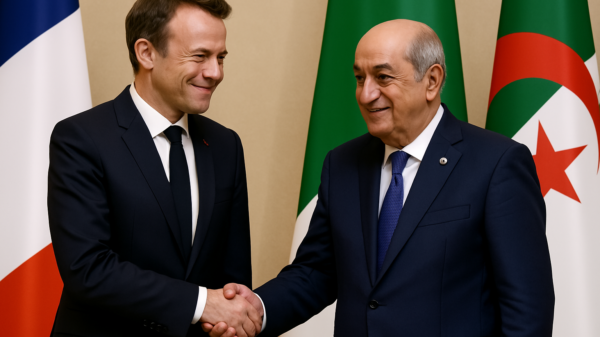In a move to further revitalise the oil and gas industry’s contribution to the Nigerian Economy, Wale Edun, Minister of Finance and Coordinating Minister of the Economy, launched new guidelines to attract $10 billion.
He presided over the signing ceremony at the Federal Ministry of Finance headquarters in Abuja endorsing the Consolidated Guidelines for the implementation of Fiscal Incentives for the Oil and Gas Sector.
The Guidelines represent a cornerstone of the Presidential Directive aimed at enhancing the Nigerian oil & gas sector’s global competitiveness whilst stimulating economic growth.
The Presidential Directives were developed and coordinated by the Special Adviser to the President on Energy, Mrs. Olu Verheijen to ensure a competitive framework for the Nigerian oil & gas industry.
The Consolidated guidelines for the fiscal incentives are based on extensive collaboration across Finance and Petroleum Ministries and involved several key regulatory bodies including the Federal Inland Revenue Service (FIRS), the Nigerian Upstream Petroleum Regulatory Commission (NUPRC), and the Nigerian Midstream and Downstream Petroleum Regulatory Authority (NMDPRA).
According to Mrs. Verheijen, these new measures have been designed to deliver a competitive Internal Rate of Return (IRR) for Oil & Gas Projects and attract over $10 billion in new investments within the next 12-18 months.
They also underscore Nigeria’s commitment to reaching its long term oil production target of 4 million barrels per day whilst enhancing the reliability of gas supply for to boost export earnings and fuel Nigeria’s industrialization.
Mrs. Verheijen disclosed that among the guidelines signed were the NUPRC Guideline on Hydrocarbon Liquids Content in a Non-Associated Gas (NAG) Field, essential for accurately categorising and quantifying the hydrocarbon liquid content in these fields.
Additional guidelines focused on the applicability of tax credits and allowances for Non-Associated Gas Greenfield Development and the Midstream Capital and Gas Utilization Allowance, providing taxpayers with clarity on the computation of these benefits.
Edun thanked President Bola Ahmed Tinubu for signing the directive in February 2024 to engender growth in the Nigerian oil and gas sector, which had stagnated for over the last decade.
He also emphasised the potential of the guidelines, saying, “The idea is to create an atmosphere conducive to international competitiveness such that investment comes in. And in this case, we know it’s foreign direct investment”.
The signing ceremony was attended by various stakeholders, including NNPC Limited, Oil Producers Trade Section (OPTS) and the Independent Petroleum Producers Group (IPPG), further highlighting Nigeria’s unified approach toward reinvigorating its oil and gas sector.




























